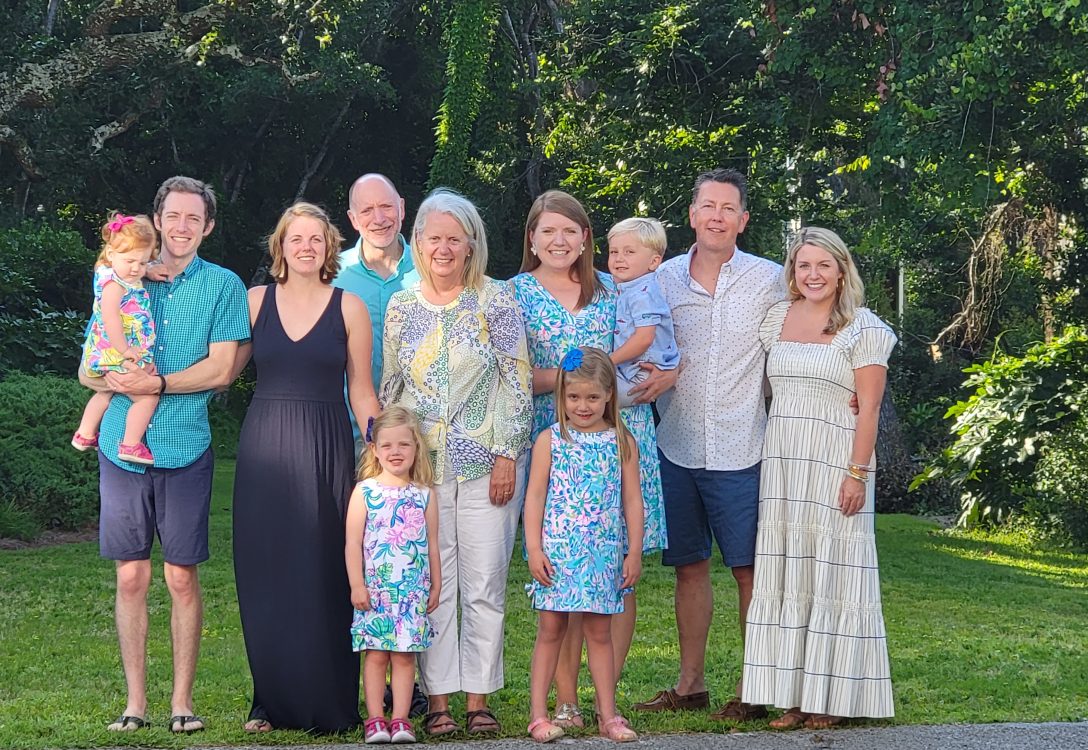
Today in Virginia, a family is attending a funeral for a loved one. These heartbroken people now belong to the “quiet club.”
The “quiet club” is reserved for families whose loved one died by suicide. Understandably, that quietness is also about the struggle of publicly acknowledging this unexpected and tragic loss.
During that funeral, another person in Virginia is struggling with life. Sadly, unless there is a miraculous intervention, the demon of darkness will record another suicide.
Our family knows the “quiet club.” My wife’s oldest sister died by suicide. This blindsiding tragedy crushed her parents. She left behind a stunned husband and two sons.
Some say suicide is a selfish act. I disagree. Suicide is blindness. An incomprehensible darkness consumes a person. In that darkness, light and hope are absent.
Additionally, I sense people who die from suicide have developed the capacity to mask their internal challenges. Their daily living and employment routines appear normal, but they aren’t.
There is no immunity from suicide.
When I worked in public schools, I remember a family losing their mother, grandparents losing a grandson, and a school losing a secretary. Those are unbearable losses for families. Parents, siblings, spouses, friends try to understand how they failed a loved one. A hovering guilt wrestles in their hearts and souls.
Comprehending all of this isn’t easy. But, I believe these losses are pushing us to recognize an important reality: we can no longer delay becoming better at understanding the causes that lead to dying by suicide.
The need to understand this loss of life can be found in numerous health reports. In 2020, the American Foundation For Suicide Prevention cites the following statistics from the Centers For Disease Control and Prevention:
Suicide was the twelfth leading cause of death
45,979 Americans died from suicide
An estimated 1.2 million Americans attempted suicide
On average there are 130 suicides per day
More recently, in September 2022, the National Vital Statistics System reports the provisional number of suicides in 2021 was 47,646. That is 4% higher than 2020.
No matter where we look in Virginia and America, we have human infrastructure challenges.
We are exceptionally skilled in blasting rockets into outer space, designing driverless vehicles, constructing skyscrapers with every amenity, paying unimaginable salaries to athletes, and yet, we can’t commit to solving our urgent needs in mental health.
In our divided political climate, I wonder, should municipal bond referendums be redesigned to address not only our physical infrastructure needs, but our human infrastructure needs too?
Clearly, neither can be neglected. But, aren’t those infrastructures really linked to each other? Don’t physical infrastructure improvements depend upon employees who are mentally healthy for work?
So how do we move forward?
Perhaps, a good starting point is understanding that suicide is preventable.
Understanding how to prevent suicide depends upon our capacity to listen and learn.
We have lots of data about suicide, but do we know the stories in that data?
Gently, we need to learn the stories from the families who have lost a loved one. What can we learn from their experiences?
More probing must be conducted with individuals who considered suicide. What caused the change not to follow through?
Finally, we can’t ignore our mental health practitioners. Their experiences in the trenches are essential to understanding — what works, what doesn’t work, and what they require to help everyone in need.
Suicide is a crisis.
The “quiet club” is growing.
Today or tomorrow, in whispered words, we will learn about families in our communities who have experienced this tragic and unexpected loss.
Sometimes, those whispered words are countered with a public announcement. On Nov. 3, university leaders at North Carolina State University canceled classes for a “wellness day” as the school lost three students who died by suicide.
Ray Davies is a prolific songwriter. He helped form the British band, The Kinks.
In the song, “Days” he writes: “Thank you for the days, those endless days, those sacred days you gave me. I’m thinking of the days, I won’t forget a single day, believe me.”
Mr. Davies’ heartfelt words might resonate with “quiet club” members.
But, I also know the families who lost loved ones to death by suicide would do anything they could to reclaim those days.
We need to close the “quiet club.”
Closing the “quiet club” requires you, me, we, us not to be quiet about suicide.
We must urgently advocate to be a light for every person lost in the darkness of life.
Pike is retired educator who currently works as the Director of Operations at Trinity United Methodist Church in Henrico County.
Author’s note: Friends, this op-ed piece was published in the December 28, 2022 edition of the Roanoke Times. Thanks to Editor, Mike Allen, for running the piece. If my words resonate with you, I’d simply ask that you share the piece with family, neighbors, co-workers, and friends. Be safe, thanks, Bill Pike














